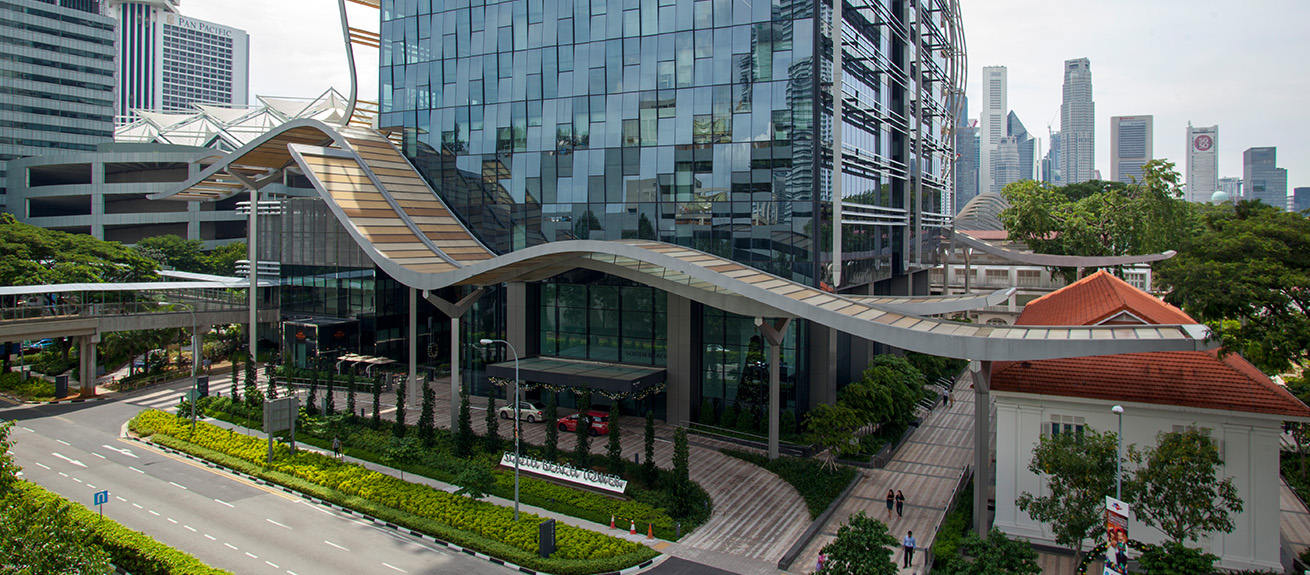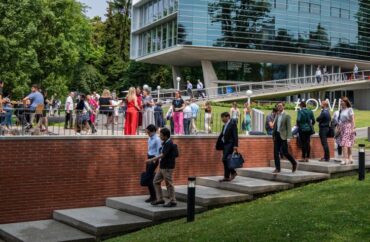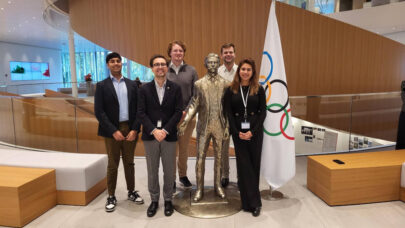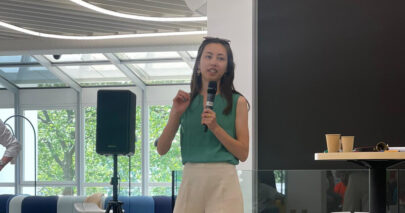
Developing unique and impactful learning experiences isn’t something leading business schools do alone. It’s a collaborative effort working with many partners in learning.
Having established a strong foothold in Southeast Asia, officially opening the SEA Executive Learning Center in Singapore in 2015, IMD hosted its Executive Education Advisory Council (EEAC) for the first time at its Singapore location.
The EEAC is organized by IMD’s Corporate Learning Network and serves as an advisory board which reviews, shapes and influences the institute’s teaching and research activities.
“The EEAC provides a formal opportunity to receive feedback from our members concerning their current and future executive education needs. The time and energy our members invest in the EEAC is testimony to the strength of our partnership together and ensures genuine co-creation,” said Paul Hunter, Director of IMD’s CLN.
Despite similar challenges faced by organizations in both ‘East and West,’ Betty Lau, Global Learning Director at Unilever said there are a lot of factors to consider in building programs to address the needs of businesses operating in Asia.
While some may not wish to be put into a category of ‘Asian leadership,’ others specifically ask for it. Weather a business is East, West or something in between, IMD Professor Winter Nie, Regional Director of IMD Southeast Asia & Oceania, said all organizations have biases that they must set aside to make learning effective.
“The important thing to remember is that we all need to develop different leadership styles,” she said. “Leadership is essentially how we influence people with power. Some use expert power through degrees and certifications and others turn to networking power. We have to find where we over-use and under-use and adjust accordingly.”
The EEAC also explored cultural differences. It’s a fact that when comparing local and expatriate leaders with the same competencies, expats often have an upper hand. Lau said this is often because of language skills and visibility. But it needs to be adjusted.
“One doesn’t need to be a flashy leader to be successful,” she said. “Negotiating the Asian way is soft but also powerful and effective.”
Rather than looking East or West, aiming for diversity may be the best way forward in education. Lau, for example, runs the consortium program with a 50-50 mix.
“Often, you can better understand your culture when you are exposed to other ones,” said IMD President Dominique Turpin.
Learn more about IMD’s Corporate Learning Network




